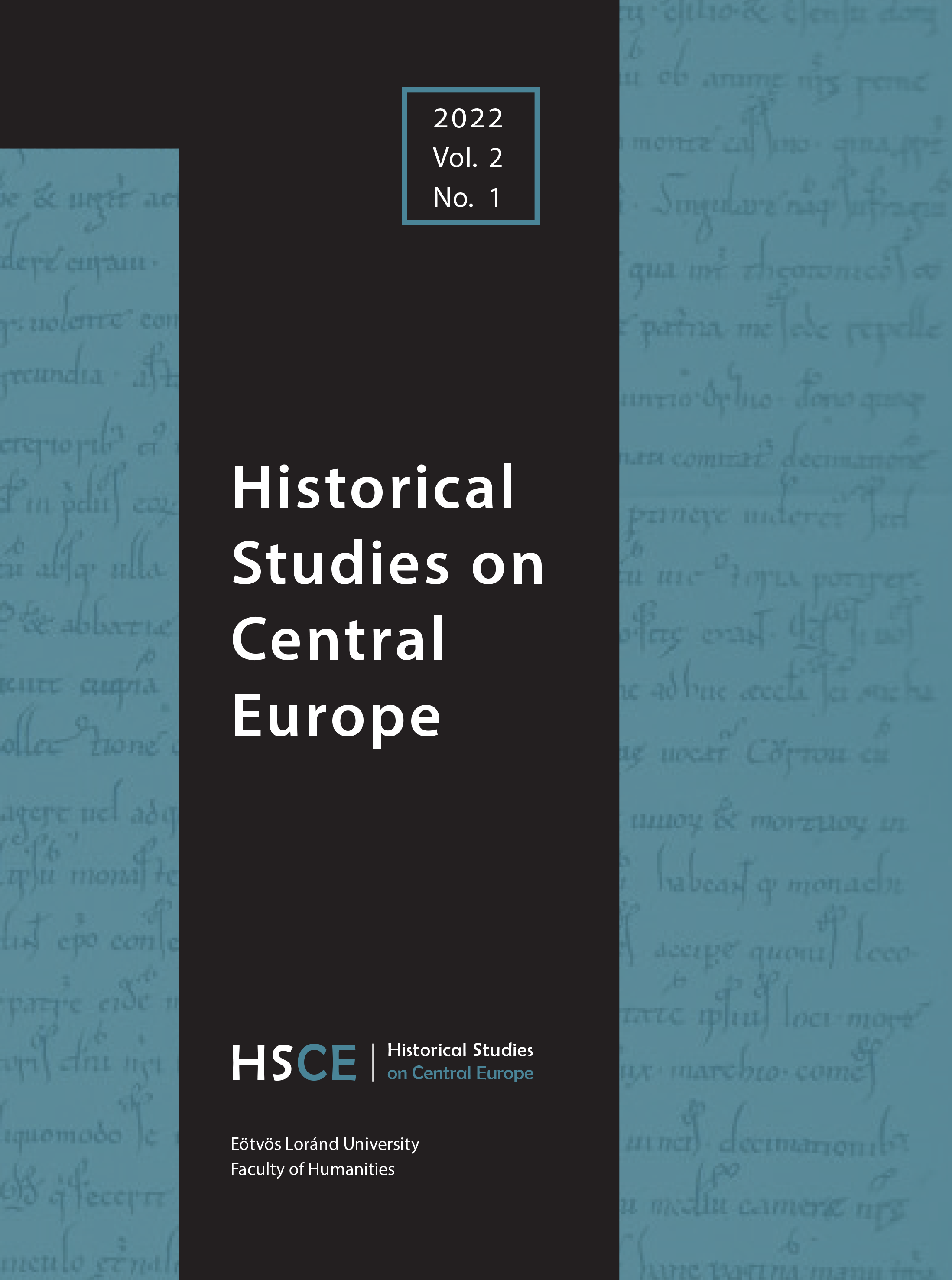Published 16-06-2022
Keywords
- varieté, revue, entertainment, Friedrichstadt-Palast, post-war, theater, Berlin
How to Cite
Copyright (c) 2022 Dániel Molnár

This work is licensed under a Creative Commons Attribution-NonCommercial 4.0 International License.
Abstract
The study introduces the brief history of Palast – Das Varieté der 3000 (today Friedrichstadt-
Palast) in Berlin. Founded by Marion Spadoni, the daughter of the renowned Berliner impresario
Paul Spadoni, it opened in August 1945 and produced new shows every month continuing the
city’s Großvarieté tradition. Her shows had to meet the expectations of the audience as well as
those of the Soviet authorities while bounded by the lack of materials, infrastructure, and staff.
Being a private enterprise in the Soviet Occupation Zone, two years later she was accused of
collaboration, and her business was expropriated. As the venue—despite its significance—is
still often overlooked by theater historians, a foundational research is necessary comparing and
synthesizing various primary sources. The Spadoni Agency’s documentation was destroyed in
1944, however, a fragment still exists in the Stadtmuseum Berlin and the Landesarchiv Berlin; as well
as the fonds of the Magistrat der Stadt Berlin, Marion Spadoni’s unpublished memoirs in different
versions, and the reviews and press articles related to the house. The current management of the
Palast attempts to establish a new narrative of the venue’s origin, claiming Max Reinhardt and Erik
Charell as its founding fathers. The present study shows that this narrative is far from the reality:
Spadoni’s establishment was not even rhetorically related to the former defining creative talents
residing in the house, but to the heritage of the three Großvarietés destroyed during the war: the
Plaza, the Scala and the Wintergarten.


